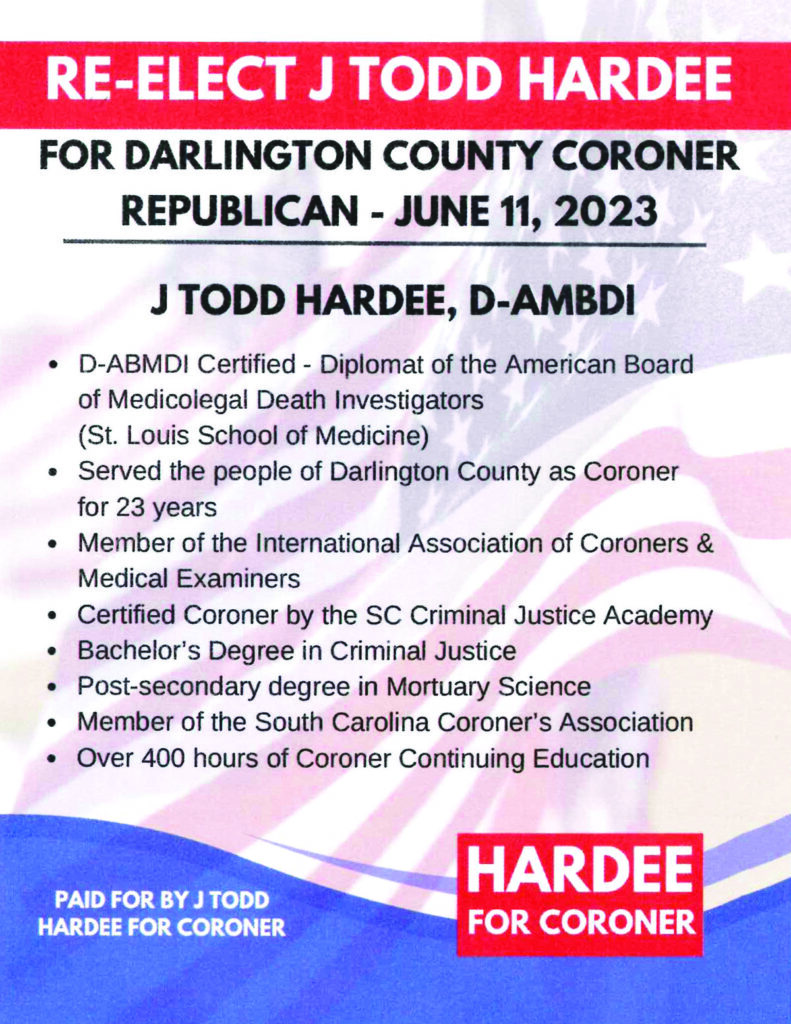Saving Lives, Computers and Guns

By Phil Noble
Back in the late 1990s, my company developed the first Internet strategy for the Ministry of Health in Australia. In all honesty, we really didn’t know much about what we were doing, but I learned one thing: with technology, the right incentives and political leadership, big changes are possible very quickly.
Here’s the story. In the early 1990s, I met a young member of the Australian Parliament named Michael Wooldridge. He was a very interesting fellow. He was a brain surgeon who gave it up for politics. He quickly rose through the ranks and became Deputy Leader of his party and then Minister of Health.
Since Australia is a single-payer healthcare system this means that as minister, Wooldridge pretty much ran the entire healthcare sector of the country. Put another way, he was responsible for about 10 percent of the gross domestic product of the country – a very big job.
After I first met him, he came to the US about once a year and came through Charleston for a visit. We’d sit on the beach and talk with great excitement about what each of us was doing in our personal and professional lives. We were about the same age, we both had growing families and we were both involved with exciting cutting-edge innovations – he in healthcare and I in Internet technologies. And we both shared a passion for politics.
In our first beach conversation after he became Minister of Health in 1996, he turned to me with excitement in his voice and said, “I want Australia to be the number one country in the world in using the Internet to improve healthcare.” As I sat there with a cold beer in my hand and my feet in the sand pondering this proverbial big idea, he then let the other shoe drop. “And I want you to help us do it,” he said.
I was stunned. The first thing I said to him was that I didn’t know anything about healthcare and not really much about the Internet and new technology. He replied, “Maybe so, but you know more about the Internet than I do so you’ve got to do it.”
Well, long story short, I signed on and went to work on this exciting new project; I loved my frequent visits to Australia and I think we ended up doing some good things for healthcare.
Australia is a huge country, about the size of the US, but they only have 22 million people compared to our 300+million. One of our big problems was that they had little pharmacies scattered across the vast, sparsely populated Outback; some were little more than a shelf of medicines in a general store or even a bar. There was little or no effective record keeping and these ornery Outback types refused to fill out the forms properly and file on time and thus the government was paying huge excessive costs trying to provide medicines in these areas.
In trying to figure out how to solve this problem we had a meeting with some of these Outback folks. They were complaining about how slow the government was in paying them for dispensing the medicines. So, we offered a deal: the government would promise to pay them within two weeks if they would go to an online system to order and track drugs. In no time, over 90 percent of these independent folks had signed up and millions of dollars were saved.
Interesting, you say – but what does this have to do with South Carolina and guns?
Well, I thought about my Australian experience when I read an article in today’s paper about the South Carolina Legislature and a new bill being proposed to close the “Charleston loophole.” This loophole allowed Emanuel Nine shooter Dylan Roof to buy a gun even though he was not legally eligible to do so because of a clerical and computer error.
The proposed legislation to close the loophole basically changes the incentives such that there must be a positive approval for a purchase based on a check of the records, as opposed to allowing the purchase as the default position.
It’s all about changing the incentives. Like the folks in the Outback have proven, if we can change the incentives we can quickly change behavior – keeping guns away from illegal buyers.
However, there is one vital requirement – political leadership.
When Wooldridge proposed changing the rules, the outrage and rhetoric was horrific – i.e. see similar quotes of outrage in the papers from the NRA funded politicians in Columbia. But Wooldridge had the courage to persevere and do the right things regardless of rabid opposition.
In the end, the incentives worked, the computerization saved millions of dollars and the results were lives saved.
We have the solution, the technology and the right incentive to close the Charleston loophole and save lives. The question is whether our political leaders in Columbia have the courage to do it.
Phil Noble is a businessman in Charleston and President of the SC New Democrats, an independent reform group started by former Gov. Richard Riley to bring big change and real reform. phil@scnewdemocrats.org


